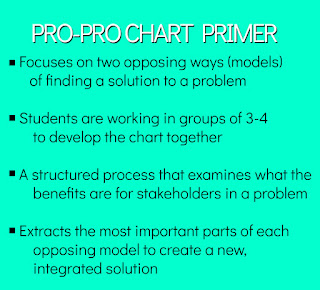Wonder Walks
This semester, interested teachers in Halton were able to apply for funding for projects that explored Innovation. That is, projects that will improve a Process, Product or Understanding.
All in all, 49 applications were received with 18 of those projects receiving funding. Matt and I have been busy trying to connect with as many groups as possible with the intention of blogging about what we’ve learned. However, we’ve found that many of the groups want to talk about their learning in their own words.
Kelly Bourassa is a Grade One teacher at Brant Hills Public School. She’s working with her elementary school colleagues at Norton and MacMillan Public Schools on peer to peer collaboration around open ended inquiry projects.
Finding innovation Outdoors
Every Friday morning my class goes on a ‘Wonder Walk’ in the forest near our school. It is my students’ favorite part of the week. The children are free to explore and commune with nature, some for the very first time. When I first ventured outside the classroom I had a plan, an agenda of what we were going to do in the woods. I felt that I was not doing my job if I didn’t assign them a task or a focus for their learning.
Over time I have watched the students as they discover this space and I have learned that to encourage creative minds and innovative ideas, you often need to abandon the lesson plan. You need to trust the innate sense of wonder and imagination that children have and let them lead the way to innovative ideas. During their exploratory play they work cooperatively to build structures, create games and toys, and find treasures. The students are mindful, they self-regulate and cooperate. They make observations about the environment that lead to some amazing wonderings about the world. This is where I find my purpose as a teacher. I listen to their conversations and prompt further inquiry and discussion. This journey has allowed me to shift my teaching approach. I realized that I can cover curriculum expectations and encourage the development of global competencies through these authentic interactions.
We are beginning to recognize the importance of teaching transferable skills in order to meet the needs of the 21st century learner. This is going to require moving away from the current structured program and incorporate time in the weekly schedule for practicing interest based inquiry. Long journeys begin with small steps, perhaps in the forest.
~ Kelly Bourassa

Comments
Post a Comment